Salt Grains for Muscle Gains?
Does liberally salting your food help you pump more iron in the gym? Registered Dietitian, Debbie James, investigates the claims!
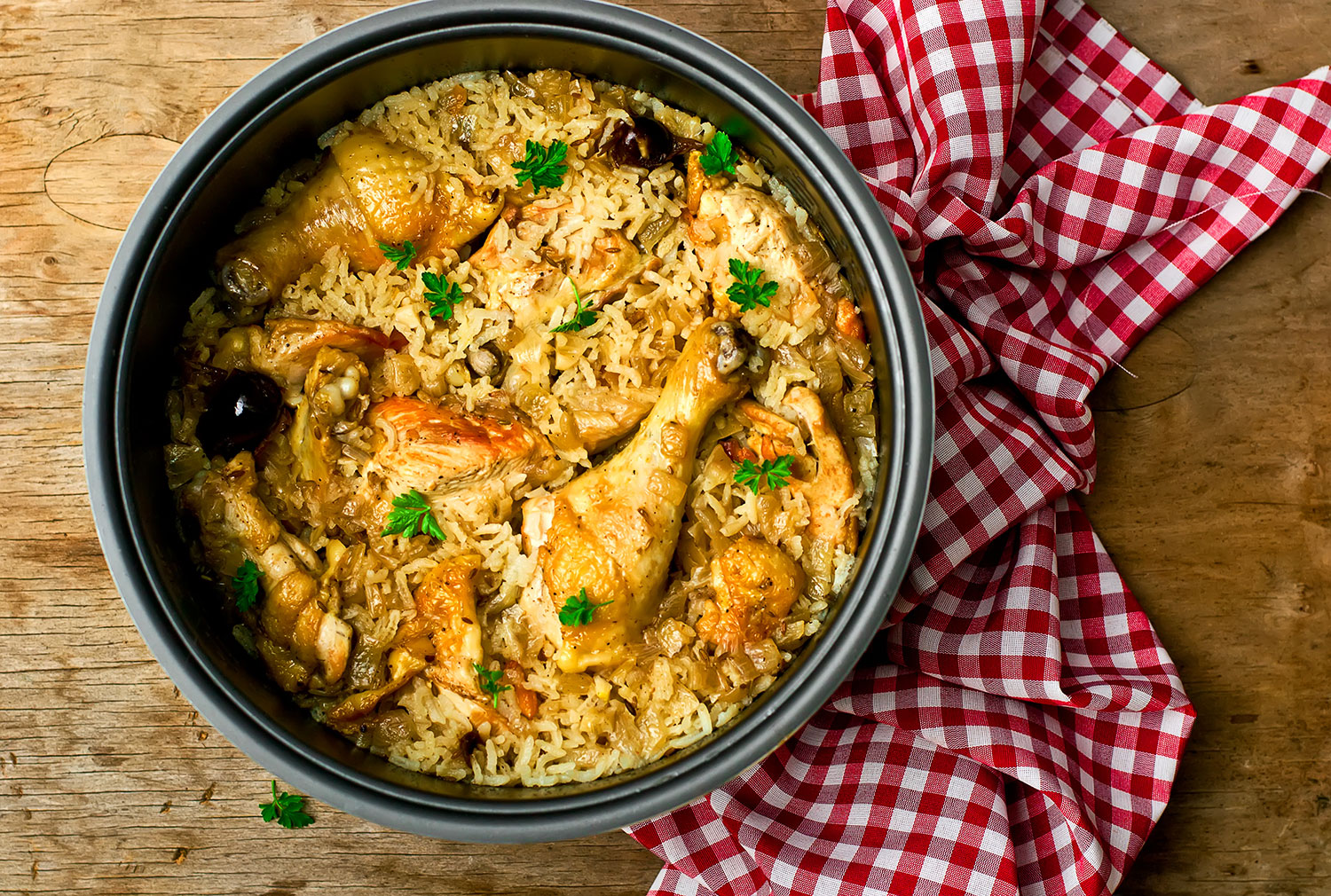

For as long as I can remember, I struggle with the food portion of getting low body fat. I feel like I have the workout part down but my problem is I always seem hungry. This isn’t a huge problem because if I’m constant with my workout I can usually overcome my calorie intake. Unfortunately, lately I seem to have less and less time and money. Any suggestions of things I could get that aren’t that expensive and or good recipes to meal prep for the week?
– Caleb Z.


Hi Caleb, my advice is to think like a grandma – be resourceful and use a slow cooker! You can combine just about any land animal protein and vegetables with a starch in a Crock-Pot® to cook for the day, anywhere from 6-10 hours depending on the recipe. This is not only economical time-wise, but in reducing dishes to clean afterward as well. You can easily achieve high quality meals for less than $5 each by cooking in batches. Invest 30 bucks in a slow-cooker and it will pay for itself in under 5 uses.
My personal healthy favorites are herb-rubbed pork tenderloin with root vegetables, chicken thighs in chile verde sauce (makes great pulled chicken), Thai tofu curry, and sweet potato black bean chili.
Consider cook time and liquid in your choice of protein source. Half-pound chicken breasts will take longer to cook than broken up ground beef. Leaner meats like flank steak need a little extra liquid, but only use enough to just cover the meat. If leaving everything all day, I’d suggest wild rice, corn or beans as your complex carbohydrate over pasta or white rice that will dissolve and turn your dish mushy.
Use whatever vegetables you have or like – just prepare/add them based on the type of vegetable. Starchy vegetables like carrots, baby potatoes, and cubed turnips can be added first at the bottom of the pot. Crisp watery vegetables like onion, celery and bell pepper have flavors that disperse, so chop or dice based on your texture preference. Watery and leafy vegetables like cherry tomatoes, zucchini and kale and should be added in the last hour or so. Everything in between like green beans, asparagus and mushrooms can go in whole at the start or diced toward the end of cooking.
Don’t be intimidated, Caleb! Anything new takes practice, just like with working out.
– Debbie J., MS, RD
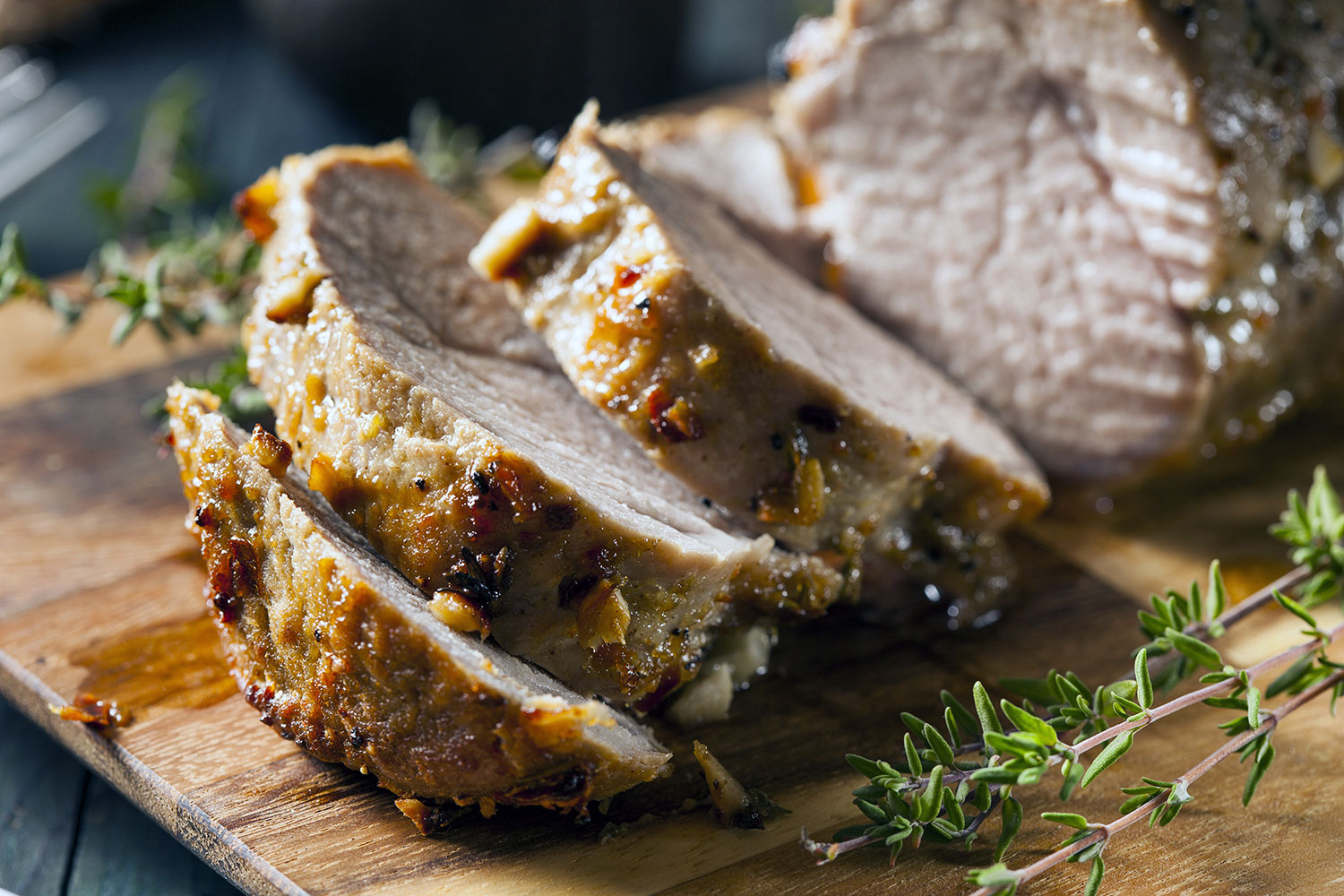
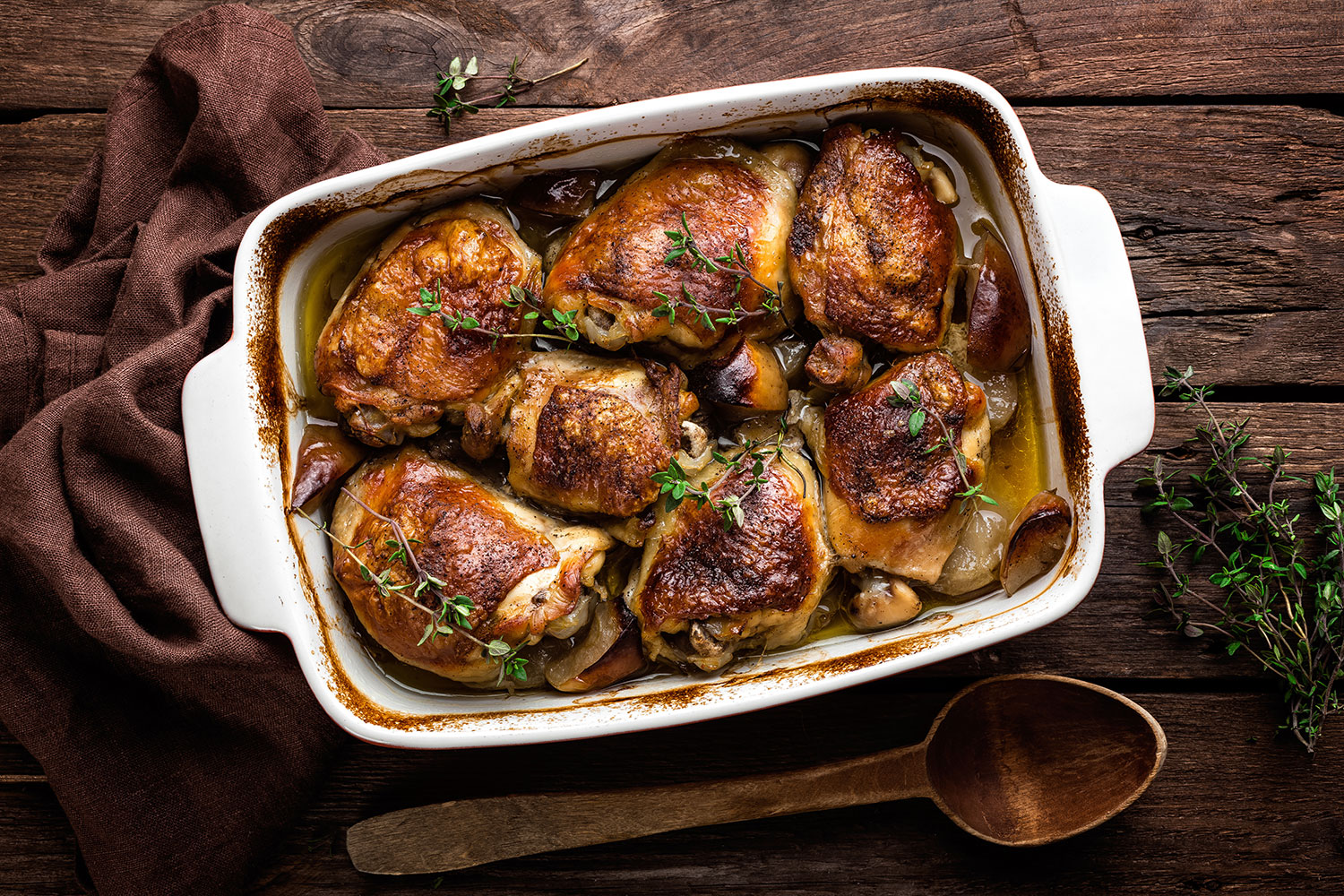

This article should not replace any exercise program or restrictions, any dietary supplements or restrictions, or any other medical recommendations from your primary care physician. Before starting any exercise program or diet, make sure it is approved by your doctor.
Some questions have been edited for length and/or clarity.
 Have a nutrition question? Our registered dietitian is ready to help!
Have a nutrition question? Our registered dietitian is ready to help!
Email nutrition@lafitness.com or submit your question below and it may be featured in an upcoming article!
Does liberally salting your food help you pump more iron in the gym? Registered Dietitian, Debbie James, investigates the claims!
Debbie James, RDN, helps answer a question about energizing snack options to pull athletes through the second half of a high energy workout.
Registered Dietitian, Debbie James, helps answer a reader’s question about a good nutrition guide for a healthy pregnancy.
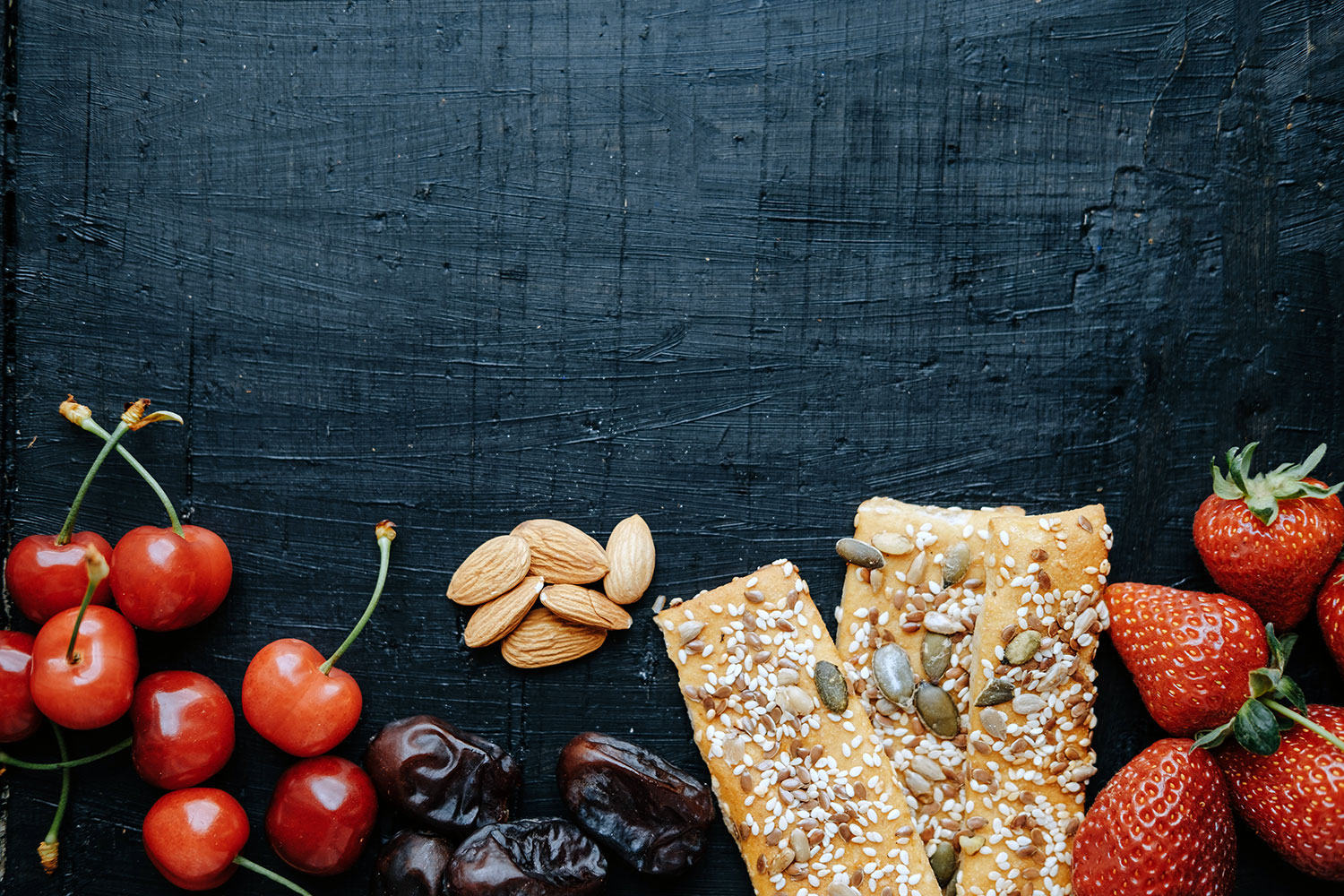

I am a 75-year old female in excellent physical condition – take no drugs, now about 5′ 2 1/2″ 132 pounds. I would like some advice on what would be an ideal diet for me. I work out with weights for 1 hour and/or walk 3 miles about 5 days per week, otherwise am mostly sedentary.
Current diet is: Breakfast with supplements – one slice bread or equivalent, a handful of strawberries and blueberries and 4 ounces of sugar-free yogurt and a cup of tea with milk. Lunch: one poached egg, equivalent of a slice of cheese such as one stick and meat such as two slices of roast beef or 2-inch piece of sausage – shoot for 20 grams of protein. Snack: about 1/3 bag of microwave popcorn with a handful of nuts and about 6 small chips. Dinner a large bowl of mixed multi-color raw vegetables and 4 -6 ounces of chicken or fish or white lean pork. End of day a good-sized bowl of low calorie ice cream – about 300-400 calories.
My concern is I am not consuming protein – I cannot digest most protein drinks. Any suggestions? (Please do not tell me to cut out the ice cream!)
– Dana M.

Wow – your diet is great! Thanks for sharing. I can tell you are very regimented in your diet. I’d estimate your protein intake to be about 95 grams total, giving you nearly 1.6 gm/kg body weight, which is above the recommended range of 1-1.2 gm/kg for your age*. Quite adequate!
But you asked about an “ideal” diet. Your described intake may fall short in vitamin D, vitamin E, calcium, iron, thiamin and fiber. Perhaps your supplements cover the micro-nutrients. Fiber is one you may want to increase from foods. Be sure your bread provides at least 2 grams per slice; 5 grams is considered “high fiber”. Perhaps sprinkle some flax seed on your morning yogurt and swap the chips for rye crisps at snack. These changes should keep calories consistent.
Keep up the good work and incorporate lots of variety to round-out your micro-nutrient intake.
* Protein for Fitness: Age Demands Greater Protein Needs. Densie Webb, PhD, RD. Today’s Dietitian April 2015, Vol. 17, No. 4, P. 16.
– Debbie J., MS, RD
This article should not replace any exercise program or restrictions, any dietary supplements or restrictions, or any other medical recommendations from your primary care physician. Before starting any exercise program or diet, make sure it is approved by your doctor.
Some questions have been edited for length and/or clarity.
 Have a nutrition question? Our registered dietitian is ready to help!
Have a nutrition question? Our registered dietitian is ready to help!
Email nutrition@lafitness.com or submit your question below and it may be featured in an upcoming article!
Does liberally salting your food help you pump more iron in the gym? Registered Dietitian, Debbie James, investigates the claims!
Debbie James, RDN, helps answer a question about energizing snack options to pull athletes through the second half of a high energy workout.
Registered Dietitian, Debbie James, helps answer a reader’s question about a good nutrition guide for a healthy pregnancy.
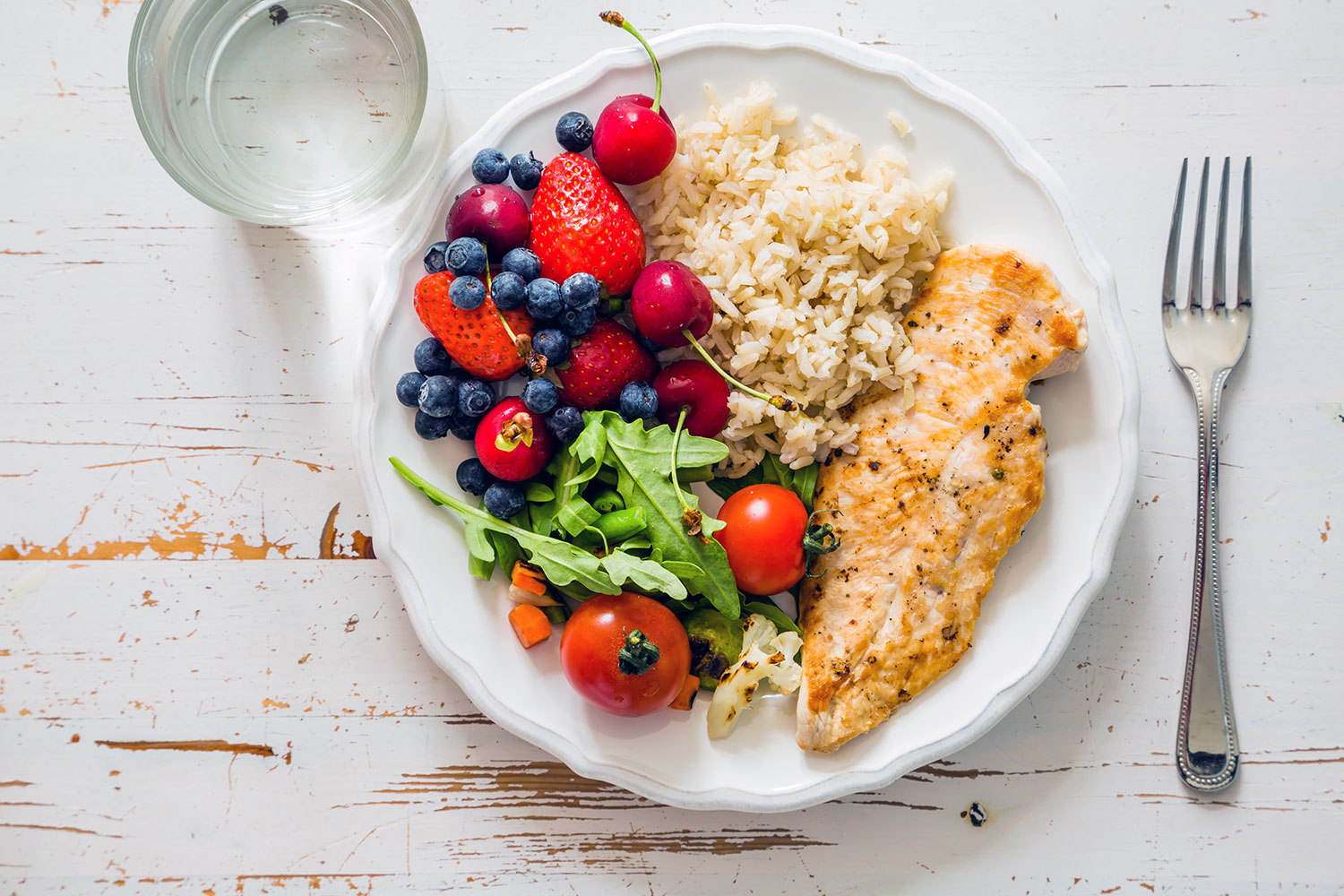

I am about 5’5 and weigh 160. I’m trying to start my very first diet as I have been noticing that I have been having trouble getting around as easily as before (not too bad). Also I really want to start eating healthy and want to get fit. My stomach is bulgy and I have been having digestive problems which I believe are a result of my poor eating habits. Please help. I really want to start living healthier and fitter. Any advice will help. Thank you.
– Sabrina

Not knowing your current eating habits, Sabrina, I’ll point you towards our key recommendations for gut health and weight loss. Read our article on Yoga for Digestion for exercise tips to deal with digestive problems. Here we’ll address nutrition:
First, get rid of added sugars and extra fat. This means to forgo sweetened coffee drinks, sherbet in smoothies, fried foods and limit cheese and sweet/creamy/oily condiments and sauces. Next, curb alcohol intake to no more than 1 drink per day. Then choose complex carbohydrates like whole grains balanced with lean proteins as the basis for meals and snacks. Vegetables should comprise more of your plate than starches (e.g. potatoes, rice, corn). Portions matter so only eat as much as you need to not feel hungry. Add fresh fruit and low-fat dairy as dessert alternatives. Finally, drink ample water and tea to facilitate digestion, support metabolism and promote satiety.
By acknowledging your current situation and being open to change, you are off to a great start toward new eating habits that should become permanent, not a “first diet.”
– Debbie J., MS, RD
This article should not replace any exercise program or restrictions, any dietary supplements or restrictions, or any other medical recommendations from your primary care physician. Before starting any exercise program or diet, make sure it is approved by your doctor.
Some questions have been edited for length and/or clarity.
 Have a nutrition question? Our registered dietitian is ready to help!
Have a nutrition question? Our registered dietitian is ready to help!
Email nutrition@lafitness.com or submit your question below and it may be featured in an upcoming article!
Does liberally salting your food help you pump more iron in the gym? Registered Dietitian, Debbie James, investigates the claims!
Debbie James, RDN, helps answer a question about energizing snack options to pull athletes through the second half of a high energy workout.
Registered Dietitian, Debbie James, helps answer a reader’s question about a good nutrition guide for a healthy pregnancy.
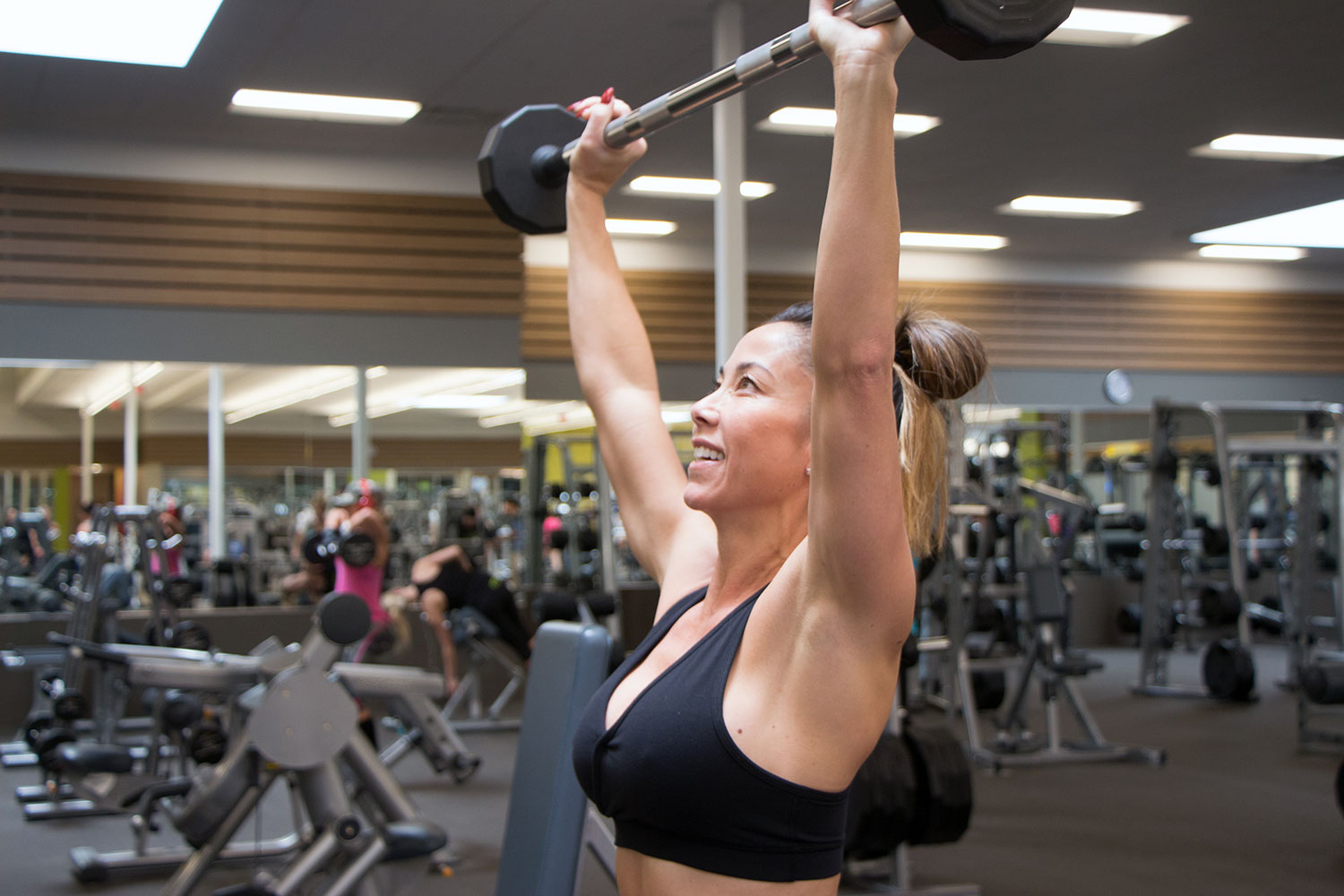

I have done body building in the past and know that the perfect combination of protein/carbs/fats produce results with respect to giving the body what it needs to develop lean muscle and lose fat. This is done in part by measuring body fat and weight. How would you calculate this because I had someone do it for me in the past and don’t know how to do it myself. It was broken down into total protein, carbs and fats for the whole day and further broken down per meal. Can you duplicate this process?
– Alisa O.

I will admit that I am not sure what “perfect combination” of macro-nutrients you are referring to. One’s individual body composition can be used to help create personal nutritional goals. Actual nutrient needs are much more complex and depend on protein turnover, nitrogen loss and metabolism. Also, nutrient quality, timing and frequency have an impact on developing lean muscle and losing fat.
That said, I like the summary bodybuilding recommendations from an article in the Journal of the International Society of Sports Nutrition*:
Diet component Recommendation
Protein (g/kg of lean body mass) 2.3-3.1
Fat (% of total calories) 15-30%
Carbohydrate (% of total calories) remaining
Let’s work through these with a sample 2,000 calorie diet for a 160-pound person with 15% body fat.
Apply the recommendations to your own anthropometrics and total energy need to get a possible ideal combination of macro-nutrients for your goals.
*Evidence-based recommendations for natural bodybuilding contest preparation: nutrition and supplementation. Helms, ER, Aragon AA, Fitschen PJ. Journal of the International Society of Sports Nutrition 201411:20
– Debbie J., MS, RD
This article should not replace any exercise program or restrictions, any dietary supplements or restrictions, or any other medical recommendations from your primary care physician. Before starting any exercise program or diet, make sure it is approved by your doctor.
Some questions have been edited for length and/or clarity.
 Have a nutrition question? Our registered dietitian is ready to help!
Have a nutrition question? Our registered dietitian is ready to help!
Email nutrition@lafitness.com or submit your question below and it may be featured in an upcoming article!
Does liberally salting your food help you pump more iron in the gym? Registered Dietitian, Debbie James, investigates the claims!
Debbie James, RDN, helps answer a question about energizing snack options to pull athletes through the second half of a high energy workout.
Registered Dietitian, Debbie James, helps answer a reader’s question about a good nutrition guide for a healthy pregnancy.
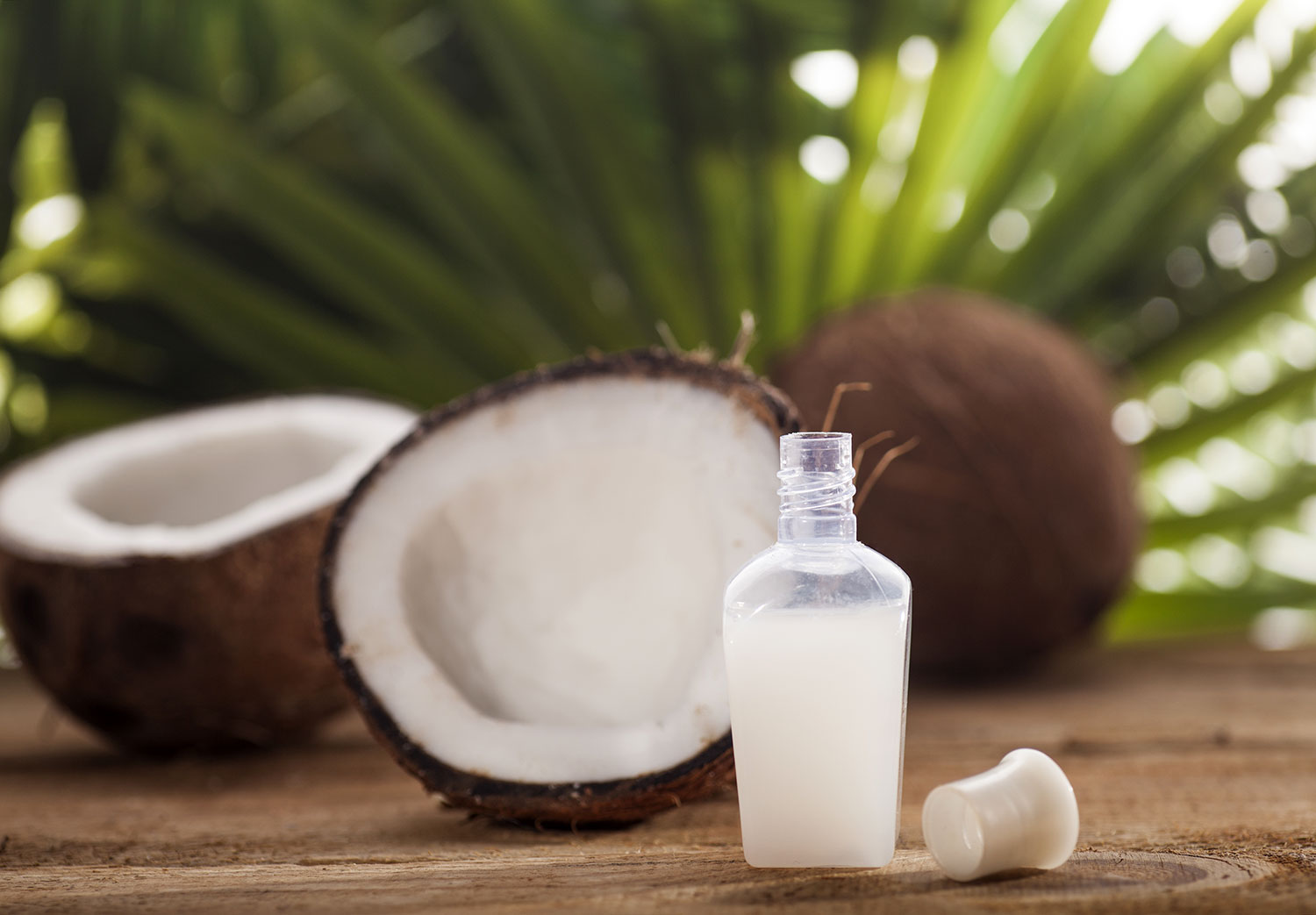

Does coconut oil harm endothelial cells?
– James B.

What a curious question!
The endothelial cells lining your blood vessels work to relax and contract the diameter in response to stimuli. They produce nitric oxide, a vasodilator. Stiff or narrow arteries are risk factors for cardiovascular events because they don’t allow the blood to flow through adequately. When the endothelium isn’t working properly, it’s called dysfunction. This can lead to the development of atherosclerosis (plaque deposition).
Coconut oil is 100% cholesterol-free (as are all plant oils), but contains mostly saturated fatty acids. These differ chemically from, and are not as harmful to the vascular system as, animal saturated fats.
In searching the US National Library of Medicine’s database of published research for “coconut” and “endothelial” in human subjects, the search results showed only 3 related articles. One suggested that saturated fats did not affect endothelial function as compared with trans fats1. Another showed no difference between coconut oil and sunflower oil (high in polyunsaturated fatty acids) in cardiovascular risk2. The third showed similar impairment in endothelium-dependent artery dilation from both coconut milk and a Western high-fat meal3.
Leaving no stone unturned, I looked for other studies not in this database. One that compared coconut oil to safflower oil (high in polyunsaturated fatty acids) in a single high fat meal found a “non-significant trend toward impairment of endothelium-dependent vascular reactivity in conduit arteries… after the saturated fat meal.4”
All together, the body of research shows that there is not enough evidence to say there is a definitive correlation between consumption of coconut oil and epithelium health. So James, I would say to keep your fat intake at a low to moderate level and from primarily plant sources of unsaturated fat.
– Debbie J., MS, RD
Sources:
Journal of the American College of Cardiology
Volume 48, Issue 4, August 2006
This article should not replace any exercise program or restrictions, any dietary supplements or restrictions, or any other medical recommendations from your primary care physician. Before starting any exercise program or diet, make sure it is approved by your doctor.
Some questions have been edited for length and/or clarity.
 Have a nutrition question? Our registered dietitian is ready to help!
Have a nutrition question? Our registered dietitian is ready to help!
Email nutrition@lafitness.com or submit your question below and it may be featured in an upcoming article!
Does liberally salting your food help you pump more iron in the gym? Registered Dietitian, Debbie James, investigates the claims!
Debbie James, RDN, helps answer a question about energizing snack options to pull athletes through the second half of a high energy workout.
Registered Dietitian, Debbie James, helps answer a reader’s question about a good nutrition guide for a healthy pregnancy.
Be the first to know about exclusive
content, deals and promotions